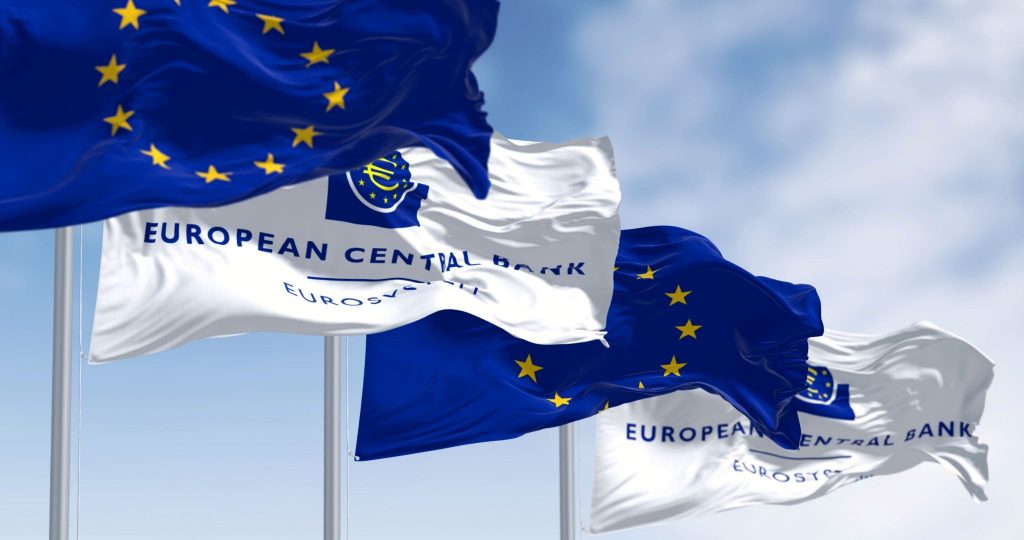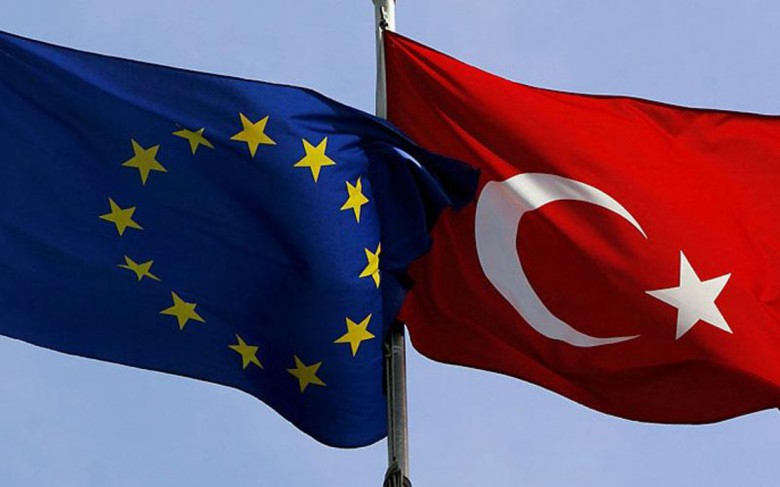The Governing Council of the European Central Bank (ECB) announced on Thursday that three key interest rates would remain unchanged.
This is the fourth consecutive time Europe’s central bank has kept the interest rates unchanged after 10 increases in a row between July 2022 and September 2023.
In particular, the interest rates that will remain unchanged concern the main refinancing operations, the marginal lending facility, and the deposit facility at 4.50%, 4.75% and 4.00% respectively.
Speaking to the press, Christine Lagarde, the head of the European Central Bank (ECB), expressed concerns that domestic inflationary pressures in the eurozone persisted, highlighting wage increases.
The ECB head underlined that monetary policy would be accommodating until inflation risks had passed, underscoring the ECB’s commitment to achieving its 2% target. She reiterated that the central bank expects further data to conclusively demonstrate a deceleration in prices.
Responding to a relevant question, Lagarde emphasized that market expectations did not impact the ECB in its decision-making process.
The last interest rate hike was decided in September 2023, with a 25 basis points increase, raising the deposit facility rate to 4%, the main refinancing operations rate to 4.50%, and the marginal lending facility rate to 4.75%.
During the ECB’s Governing Council meeting, the members appeared cautious about deciding on a rate cut, at least until the June 6 meeting. “Although most measures of underlying inflation have eased further, domestic price pressures remain high, in part owing to strong growth in wages. Financing conditions are restrictive and the past interest rate increases continue to weigh on demand, which is helping push down inflation”, the official statement released on the official ECB website read.
Until a few weeks ago, markets were certain that the ECB’s March meeting would lead to a rate cut. Some central bankers, particularly in Southern Europe, agreed with such a move, believing that conditions were ripe for an initial easing of borrowing costs. However, some central bankers, such as Austrian Robert Holzmann of the Austrian National Bank, opposed the action.
Source: tovima.com











![Οι αλλαγές που υπάρχουν στα φορολογικά έντυπα για τα εισοδήματα του φορολογικού έτους 2024 από ακίνητα [Γ’ Μέρος]](https://www.ot.gr/wp-content/uploads/2025/03/akinita.jpeg)










